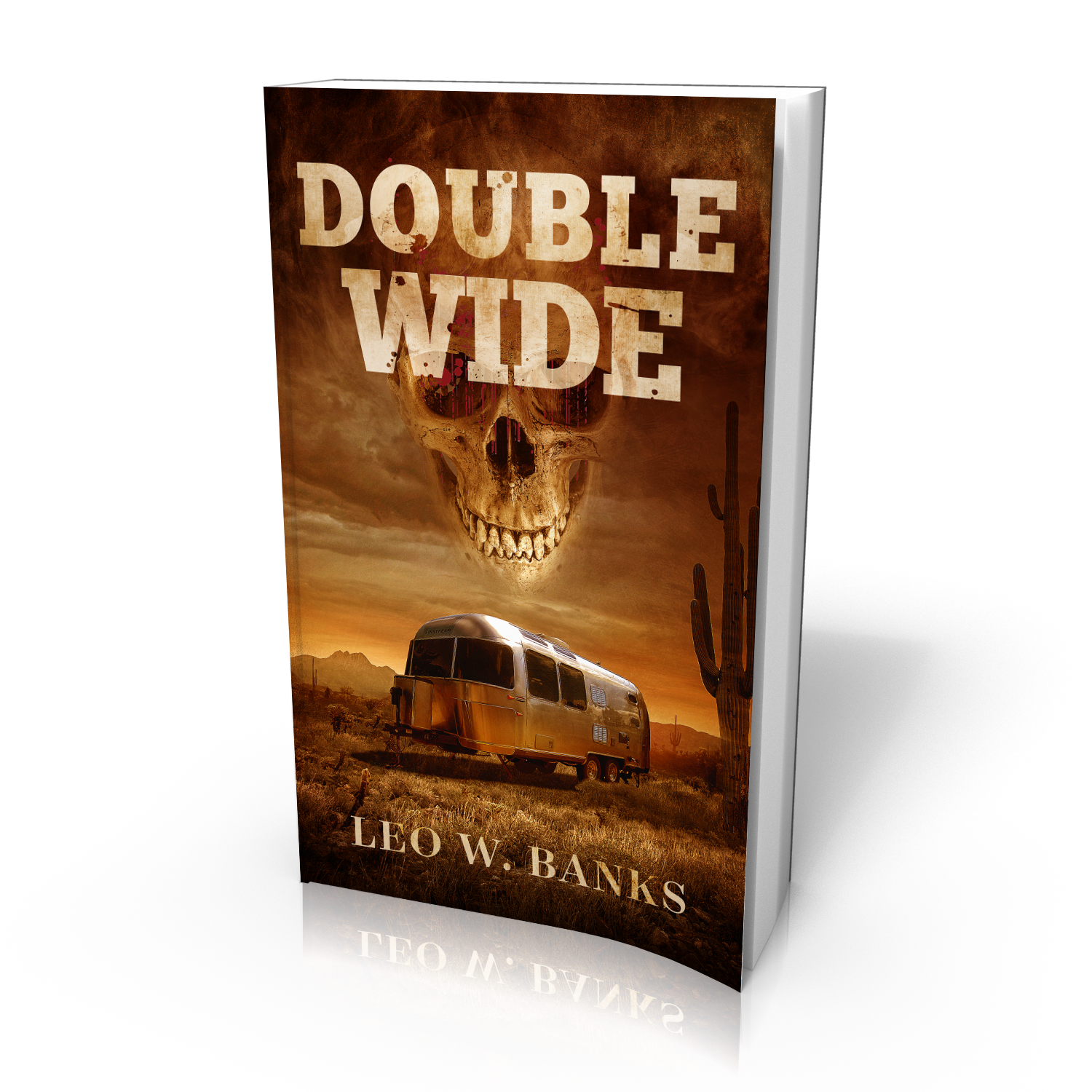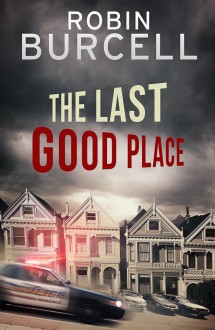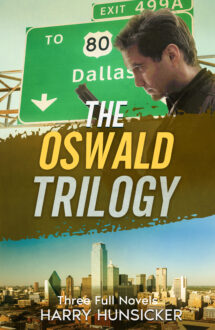
Brash Books will publish my first novel, Double Wide, on Nov 1. I wrote the first version of it in the 1980s. What are we looking at here, more than three decades? Sounds about right.
The idea originated on a bus in Mexico. I was a young newspaper reporter looking for a good story. I was single, had vacation time coming and didn’t fancy sitting on a beach in some alleged paradise. A friend who used to pitch in the AAA Mexican League described what it was like to play baseball south of the border, the wild times, the characters he’d shared the field with.
It sounded good. He gave me the name of a guy with the Juarez Indios and before long, I joined the players as they gathered outside the stadium, past midnight, for the start of a 20-hour bus trip. I spent the next three weeks with the team, in the hotels, the dugout, the locker room and on the field.
The access was total. The Mexican League is wide open, less buttoned-up than American baseball. I had a blast. The players were loose and fun, even though most were on the downside of their careers, fighting to stay in the game and hold off that awful moment when they toss their glove in the trunk and think, ‘What now? Am I supposed to sit in an office wearing a tie? Please, please, give me one more season.”
I wrote my story — the Indios were Mexican League champs that year — and Sports Illustrated published it, a eight-page feature shot by the the great Life magazine photographer Bill Eppridge. (Hit the journalism link on my website, leowbanks.com, and it’s the first story under Sports Illustrated.)
My mission accomplished, I thought back to the hours I’d spent riding Mexican League buses and the conversations with my seat mate, a pitcher in his early 30s who compensated for his weakening arm by throwing junk.
That got me imagining a novel based around a character, who, instead of just throwing lazy curveballs and ducking, had mastered an illegal pitch like a spitball. In my mind, he was worldly, sarcastic, funny, down but not quite out, a flame still burned, a spark of goodness.
I wrote a couple of hundred pages with an outline of how it ends and an agent sent it out. A partial is hard to sell and we got rejected. Time passed. I had a family, buried a dog or two, wrote a few more novels, got rejected again, though each draft got better, traveled around the Southwest writing for the L.A. Times, the Boston Globe, and others, including Sports Illustrated, which ran numerous additional pieces of mine.
And I did a ton of work for Arizona Highways, becoming intimately familiar with the backcountry of this great state and its people.
In my travels, whether here or in Mexico, I always packed a crime novel. I could forget everything else, but my go-bag held three essentials: Apples, clean underwear and a Raymond Chandler paperback.
Well, maybe a Jim Thompson, too. James M. Cain made good company. Oh, and I can’t forget Cornell Woolrich and Robert Parker. David Goodis is way underrated. It was so hard to choose.
A couple of years ago, I went out to the garage and dug up a dusty hard copy of my partial, then called Tequila Sunday. I liked it a lot, but thought I could make it better. I re-wrote it, creating a new hero, the one-time phenom Prospero Stark, nicknamed Whip. He’s out of baseball following a misunderstanding with Mexican authorities involving a gear bag full of cocaine.
I gave him a beautiful, hard-drinking TV reporter partner, Roxanne Santa Cruz, and created a few down-and-outers to populate his trailer park in the desert outside Tucson, which happens to be on a drug smuggling route. To kick off Stark’s winding investigation and the plot, someone leaves the severed hand of his former catcher on the front step of his Airstream.
How did the book change from Tequila Sunday to Double Wide? The writing not much, but the plot is altogether different. In both, I tried to write the kind of book I like to read. Plenty of humor, nothing too deep, nobody rattling on about the human condition.
As Whip Stark says to a homicide detective about his love for crime novels: “They move and they have endings. Nobody comes to terms with anything.”
Most importantly, I followed the one unbreakable rule, the four-word secret ingredient — stuff has to happen. I don’t like cement-mixer books in which there’s too much description and not much movement.
So there you have it. And here I am, decades later, awaiting the launch of Double Wide under the Brash name. Exactly as I planned it.


